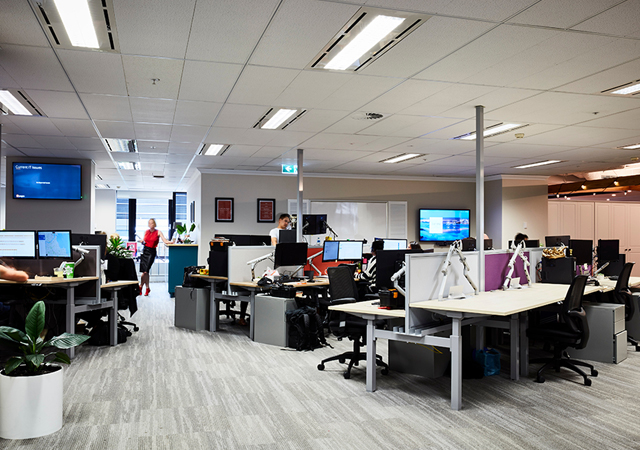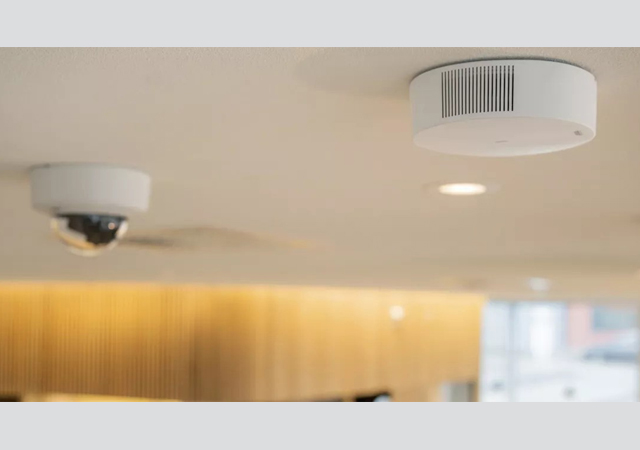
United Foundry has announced plans for diversification into the manufacture of high alloy steel castings.
''United Foundry comprises two units - an aluminium fabrication facilty and a steel foundry for the production of manhole covers,'' says Ashok Oberoi, general manager .
''Due to the decline in construction and competition from China we are looking at reviving our facility by launching into the production of spare parts for equipment which are targeted at stone crushing facilities and cement plants. Currently, almost 100 per cent of cement plant spare parts have to be imported by the GCC countries,'' says Oberoi.
He continues: ''Major equipment such as the special heat treatment range and modern laboratory facilities for testing the materials to various international standards have already been ordered and are expected to be commissioned by mid-December. We are now gearing up to manufacture spare parts such as shell-liners, feed-head liners, impact bars, limestone crusher hammers, clinker crusher hammers, cooler grate-plates, kiln segments for cement plants; and liners, impact bars, jaw plates, mixer arms and blades for stone crushers and asphalt plants.
''Currently, these items are being imported by the cement plants, stone crushers and asphalt plants. We hope to meet their regular demand locally by supplying them wear-resistant and heat-resistant castings to international metallurgical standards,'' he says.
''We have already got in touch with these producers who are happy that they will not have to import these items,'' Oberoi adds.
''We hope to be of great assistance to the construction industry by providing spare parts for their various construction equipment.
Besides, providing a local source for these spare parts, Oberoi says the facility will also help these users to cut their inventory costs as well as shipping costs and customs tariffs.
''For example, cement plants maintain stocks for four years as they cannot afford to have downtimes for machine breakdown. Having a local source, they can cut this down to one year's stock.
''In some cases, these firms order container loads to maintain stocks for seven to eight years. However, when they modify their equipment, the spares become obsolete. Such losses will also be eliminated,'' he points out.
Oberoi expects to start trial production of these items in January 2001 and the bulk production within three months thereafter.






.jpg)









.jpg)




































.jpg)












